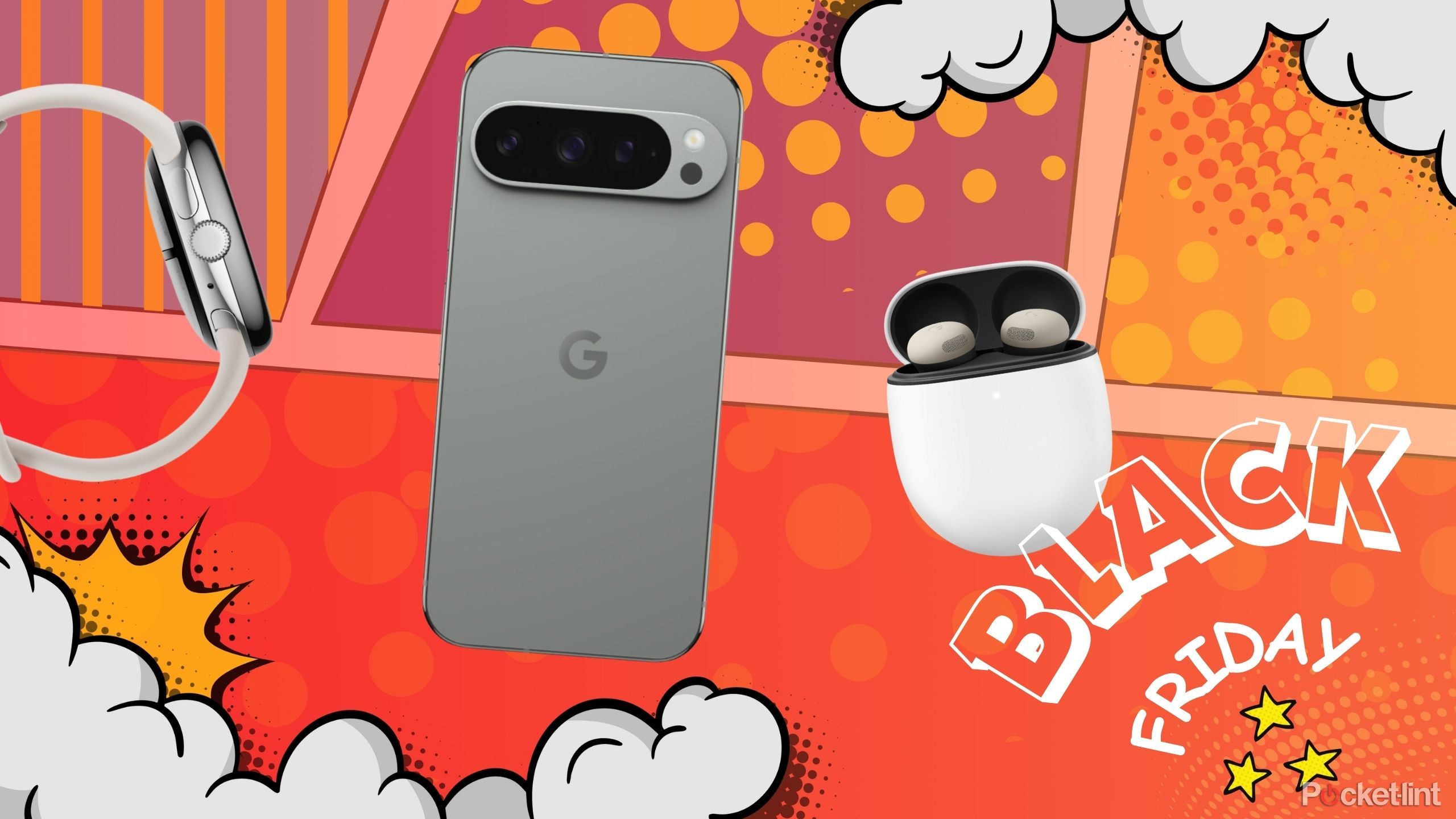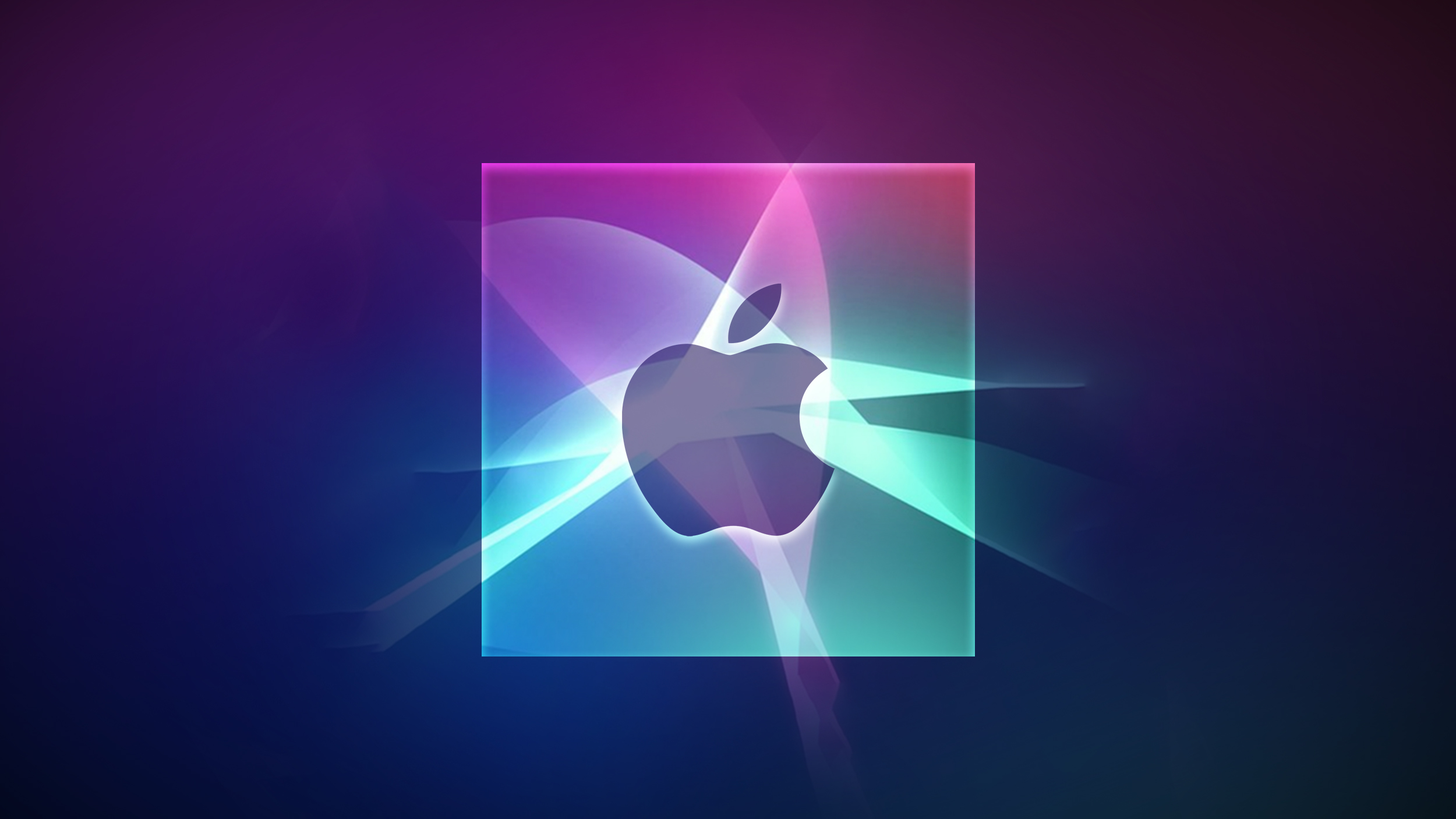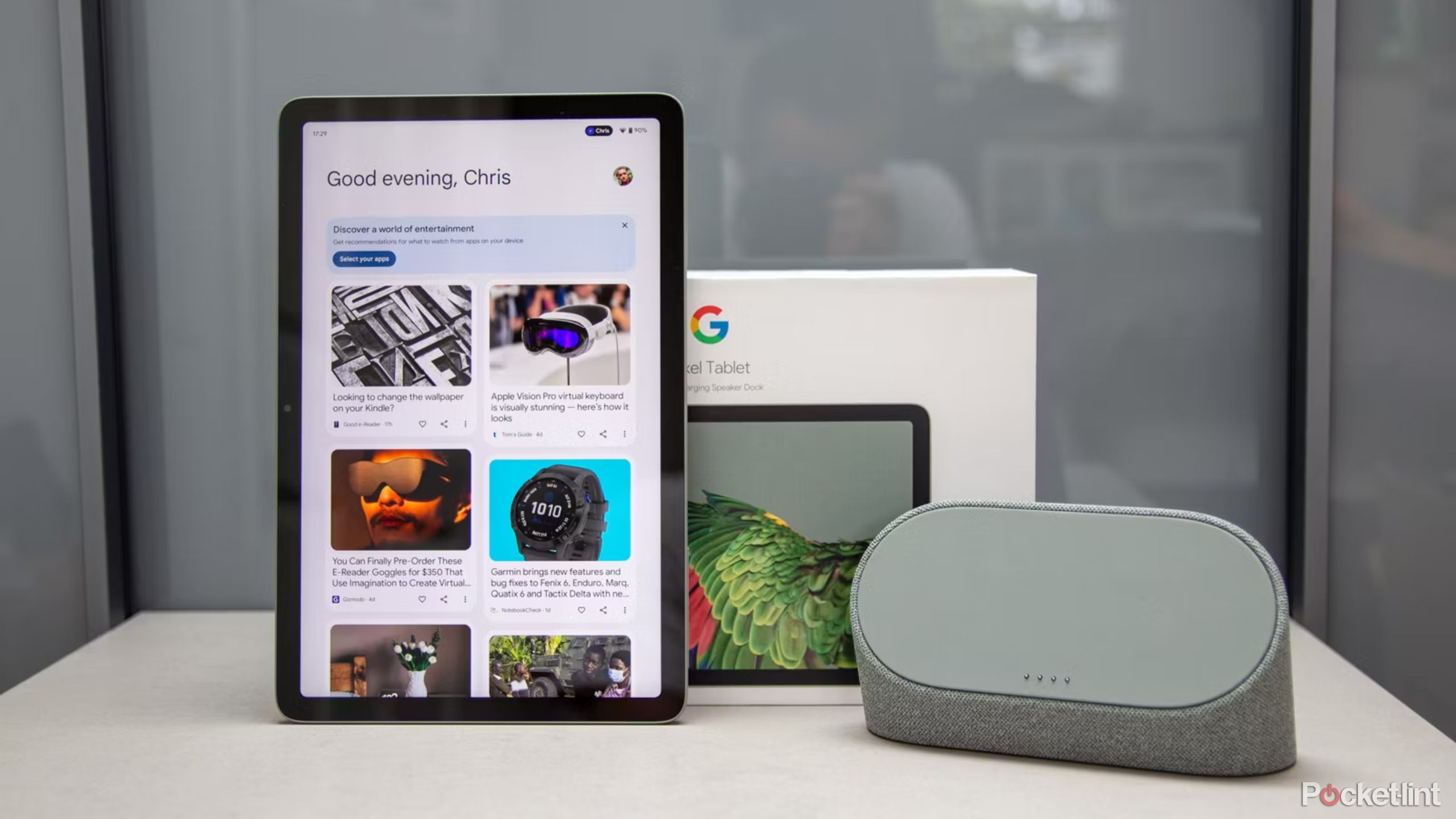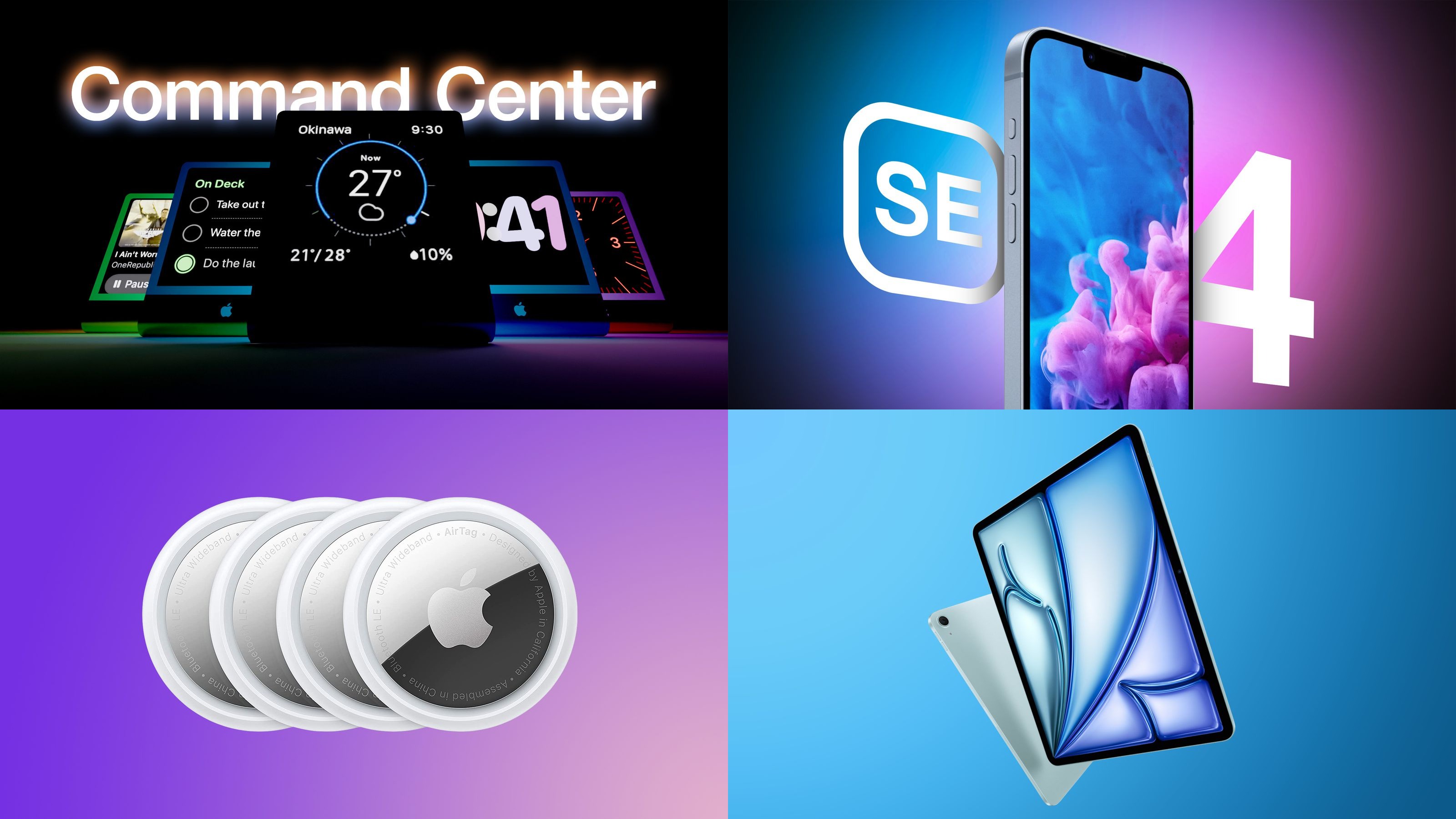iPhone 13 vs. iPhone 14 Buyer’s Guide: Should You Upgrade?
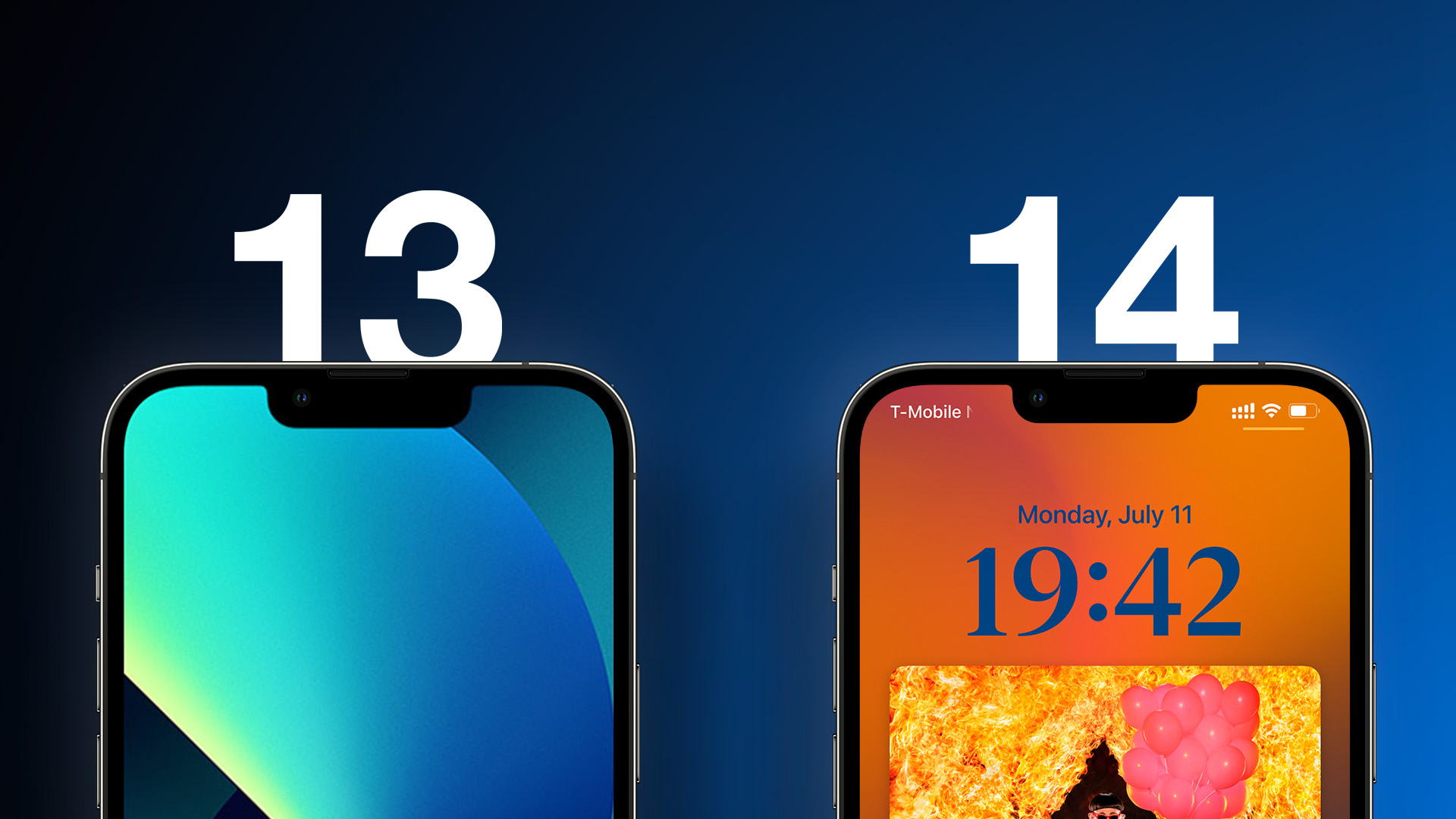
The iPhone 14 and iPhone 14 Max are expected to succeed the iPhone 13 mini and iPhone 13 at next month’s Apple event, but how different are the two successive iPhone generations rumored to be?
In 2021, Apple unveiled the iPhone 13 as the successor to the popular iPhone 12, with improved rear cameras, longer battery life, the A15 Bionic chip, and more. As devices that are more affordable than the Pro models, but more full-featured than the low-cost iPhone SE, the iPhone 14 will likely be the most popular option among the new iPhone models.
As the iPhone 13 and iPhone 14 look set to share a large number of features, should you consider sticking with the iPhone 13 to save money? Our guide helps to answer the question of how to decide which of these two iPhones is best for you.
Comparing the iPhone 13 and iPhone 14
The iPhone 13 and iPhone 14 are expected to share a large number of key features, such as display size, 5G connectivity, and Wide camera specifications. The following features are likely to remain the same:
Similarities
OLED Super Retina XDR display with HDR, True Tone, P3 wide color, Haptic Touch, and 800 nits max brightness (typical)
Face ID
6GHz 5G connectivity (and mmWave in the U.S.)
A15 Bionic chip
Dual SIM (nano-SIM and eSIM) and dual eSIM support
ƒ/1.6 Wide rear camera
Photography features including Night mode, Deep Fusion, True Tone flash with Slow Sync, Portrait mode, Smart HDR 4, Photographic Styles, and more
Videography features including 4K video recording at up to 60fps, HDR video recording up to 4K at 60fps, HDR video recording with Dolby Vision, Audio zoom, slo-mo video up to 240fps at 1080p, Night mode Time-lapse, and more
Cinematic mode video recording with shallow depth of field (1080p at 30 fps)
Ceramic Shield front
IP68 rated splash, water, and dust resistance
Aerospace-grade aluminum
MagSafe and Qi wireless charging
Lightning connector
Available in Starlight, Midnight, Blue, and PRODUCT(RED) color options
The iPhone 14 is still expected to offer a number of key upgrades over the iPhone 13, such as more memory and improved cameras:
Differences
iPhone 13
Available in 5.4-inch and 6.1-inch display sizes
A15 Bionic chip with four-core GPU
4GB of LPDDR 4X memory
12MP ƒ/2.4 Ultra Wide camera
12MP ƒ/2.2 Wide front-facing camera with fixed focus
Wi-Fi 6 connectivity
Available in Starlight, Midnight, Blue, Pink, Green, and PRODUCT(RED)
iPhone 14
Available 6.1-inch and 6.7-inch display sizes
A15 Bionic chip with minor performance improvements and potentially a five-core GPU
6GB of LPDDR 4X memory
12MP ƒ/1.8 Ultra Wide camera
12MP ƒ/1.9 Wide front-facing camera with autofocus
Wi-Fi 6E connectivity
New, more efficient 5G chip that could prolong battery life
Satellite-based emergency features to allow users to send messages in emergency situations and report major emergencies
Available in Starlight, Midnight, Blue, Purple, and PRODUCT(RED)
Read on for a closer look at each of these aspects, and see what exactly both iPhones models are expected to offer.
Size Options: Mini vs. Max
After lackluster sales for the iPhone 12 mini and iPhone 13 mini, which both feature a 5.4-inch display, Apple is reportedly planning to discontinue its small form-factor iPhone and introduce a larger model to take its place in the lineup.
The “iPhone 14 Max” is expected to sit above the iPhone 14 in the lineup and feature a 6.7-inch display like the iPhone 12 Pro Max and iPhone 13 Pro Max. In the same way that the “mini” iPhones in recent years have offered all of the same features as the standard iPhone 12 and iPhone 13 models, the iPhone 14 Max is expected to offer all of the same features as the standard iPhone 14 but with a significantly bigger display.
While there will reportedly be no “iPhone 14 mini,” the iPhone 14 Max will provide an option for users who want a new iPhone with a larger display, but do not need “Pro” features like a ProMotion display and the telephoto camera. As one of the most noticeable visual changes in the iPhone lineup this year, the iPhone 14 Max could take center stage in the iPhone 14’s marketing.
Design and Color Options
Both the iPhone 13 and iPhone 14 are expected to have the same industrial design with squared-off edges, a flat aluminum band around the sides, and horizontally offset rear cameras. The devices will likely use the same aerospace-grade aluminum on the edges and a single piece of polished glass on the rear.
The iPhone 14 and iPhone 14 Max are rumored to come in a range of color options, comprising black, white, blue, red, and purple.
Assuming that rumors about the black and white options for the iPhone 14 actually refer to Midnight and Starlight, the new color lineup would mean the discontinuation of the iPhone 13’s Pink and Green. Excluding mid-cycle color additions, such as Green and Alpine Green for the iPhone 13 and iPhone 13 Pro earlier this year, the information suggests that the iPhone 14 will launch with the same number of color options as its predecessor.
As in recent years where the same polychrome colors across generations have been updated, the iPhone 14’s blue and red color options are likely to be refreshed shades compared to the iPhone 13 models. Nevertheless, the iPhone 14’s selection of color options could look fairly similar to those of the iPhone 12 and iPhone 13, but will likely be trumpeted with the re-introduction of a purple shade.
A purple color option for the iPhone 14 seems plausible given that Apple introduced a Purple iPhone 12 and iPhone 12 mini in a mid-cycle refresh in April last year to a positive response from customers, and the 24-inch iMac, sixth-generation iPad mini, and fifth-generation iPad Air are all available in Purple.
A15 Bionic Chip
In March, Apple analyst Ming-Chi Kuo claimed that only the iPhone 14 Pro models will feature the A16 chip, with the standard iPhone 14 and iPhone 14 Max models to be equipped with the A15 chip like the iPhone 13. In an April edition of his newsletter, Bloomberg‘s Mark Gurman agreed that standard iPhone 14 models are “likely to stick to the A15 from last year or a variant of it.” The rumor has since been echoed by other sources like Taiwanese research firm TrendForce.
This differs from Apple’s strategy to date of equipping all of the latest iPhones with the same chip. For example, the iPhone 13 mini, iPhone 13, iPhone 13 Pro, and iPhone 13 Pro Max are all equipped with the A15 chip.
The iPhone 13’s A15 Bionic chip brought a modest performance improvement over the A14 Bionic in the iPhone 12. Benchmarks show that the A15 in the iPhone 13 offers around 10 percent better single-core performance and 18 percent better multi-core performance compared to the iPhone 12’s A14 chip. In graphics tasks, the iPhone 13 performs roughly 15 percent better than the A14 Bionic in the iPhone 12.
The standard iPhone 14 models could still have slightly better performance than the iPhone 13, despite containing the same A15 Bionic chip, according to the leaker known as “ShrimpApplePro.” Despite retaining “some old hardware,” the non-Pro iPhone 14 models will “still have some overall performance boost over the iPhone 13 series” due to a new internal design, among other changes.
Both the iPhone 13 and the iPhone 13 Pro contain the A15 Bionic chip. While the chips in both iPhones are the same, the GPU in the iPhone 13 Pro contains one additional core for slightly better performance from the iPhone 13 Pro when performing activities such as gaming or video editing. It seems likely that the iPhone 14 will get this slightly better version of the A15 to give it an edge over the standard iPhone 13.
50% More Memory
Ming-Chi Kuo believes that all of the iPhone 14 models will feature 6GB of memory, with the standard iPhone 14 models having LPDDR 4X memory and the iPhone 14 Pro models having LPDDR 5 memory.
Currently, the iPhone 13 mini and iPhone 13 feature 4GB of memory, while the iPhone 13 Pro and iPhone 13 Pro Max already feature 6GB of memory. These amounts are unchanged from the iPhone 12 lineup. Though Kuo suggested that all iPhone 14 models will feature 6GB of memory, the iPhone 14 Pro and iPhone 14 Pro Max’s LPDDR 5 memory will be up to one and a half times faster and up to 30 percent more power efficient.
50 percent more memory in the iPhone 14 and iPhone 14 Max could enable it to keep more apps and browser tabs open in the background for faster resumption, provide developers with more headroom to build powerful, memory-hungry apps, and make the devices more future-proof in years to come.
Improved Battery Life
The iPhone 14 and iPhone 14 Max could offer improved battery life thanks to a new, more efficient 5G chip.
The iPhone 14’s 5G RF chip is said to be fabricated with TSMC’s 6nm process, providing a physically smaller chip with lower power consumption. The 6nm RF process enables the chip to use less power on both sub-6GHz and mmWave 5G bands while still providing a high level of performance.
As well as being more efficient, shrinking the large RF transceiver component inside the iPhone is expected to free up physical space. Each additional square millimeter of volume that is reclaimed is said to create more room for a larger battery. Together, the improved efficiency and miniaturization of the iPhone 14’s RF chip are believed to result in better overall battery life.
Wi-Fi 6E Connectivity
All iPhone 14 models are expected to support Wi-Fi 6E. Wi-Fi 6E offers the features and capabilities of Wi-Fi 6, including higher performance, lower latency, and faster data rates, extended into the 6 GHz band. The additional spectrum provides more airspace beyond existing 2.4GHz and 5GHz Wi-Fi, resulting in increased bandwidth and less interference.
Emergency Satellite Features
With a feature that was initially rumored for the iPhone 13 lineup, the Qualcomm Snapdragon X65 modem in the iPhone 14 lineup is expected to facilitate a number of satellite-based emergency features to allow users to send messages in emergency situations and report major emergencies in locations where there is no cellular coverage.
Specifically, Emergency Message via satellite will allow users to text emergency services and contacts using a satellite network when there is no cellular or WiFi signal available. It will purportedly be a new communications protocol alongside SMS and iMessage, will show gray message bubbles, and message length will be restricted. Another feature will let users report major emergencies like plane crashes and fires using satellite communication.
These features are still in development and are rumored to launch in 2022 at the earliest, but other estimates have placed the feature more firmly with the iPhone 14 and Apple Watch Series 8 lineup.
Ultra Wide Camera Improvements
While the iPhone 14 models will reportedly miss out on the new 48-megapixel Wide camera and stick with the iPhone 13’s 12-megapixel Wide camera instead, all of the standard 2022 iPhones could see improvements to the Ultra Wide camera.
The iPhone 13 Pro introduced a new ƒ/1.8, 6P (six-element lens) Ultra Wide camera with autofocus. This year, this improved ƒ/1.8 Ultra Wide camera is rumored to trickle down to both of the standard iPhone 14 models.
Front Camera Improvements
Alongside enhancements to the rear camera system, the iPhone 14’s front-facing camera is rumored to feature more significant improvements.
Specifically, all four iPhone 14 models will likely feature an upgraded front camera system with autofocus and a wider ƒ/1.9 aperture. By comparison, the front camera on all iPhone 13 models has fixed focus and an ƒ/2.2 aperture.
The wider aperture would allow more light to pass through the lens and reach the sensor. Kuo has said that these camera upgrades could result in an improved depth-of-field effect for Portrait mode photos and videos, while autofocus can strengthen focus during FaceTime and Zoom video calls.
Final Thoughts
The iPhone 14’s upgrades over the iPhone 13 look to be mostly iterative, offering refinements in terms of photography and videography capabilities, more memory, and connectivity enhancements. The more significant upgrades may include the Ultra Wide camera, front-facing camera, and longer battery life, but at face value there is likely not enough to justify getting the new model over the iPhone 13 for most customers.
The iPhone 13 is still highly capable for everyday use, and iPhone 14 vice will probably share an overwhelming majority of the iPhone 13’s most versatile features, such as the A15 chip, OLED Super Retina XDR display, Ceramic Shield, Night mode, MagSafe, and IP68 water resistance, which may make upgrading to the iPhone 14 difficult to justify.
Apple is reportedly planning to unveil the iPhone 14 models at its event on Wednesday, September 7 with the tagline “Far out.” Pre-orders for the device will likely begin later that week, with the first units probably arriving to customers around Friday, September 16. This article will be updated as we learn more about how the iPhone 14 compares to the iPhone 13.
This article, “iPhone 13 vs. iPhone 14 Buyer’s Guide: Should You Upgrade?” first appeared on MacRumors.com
Discuss this article in our forums
